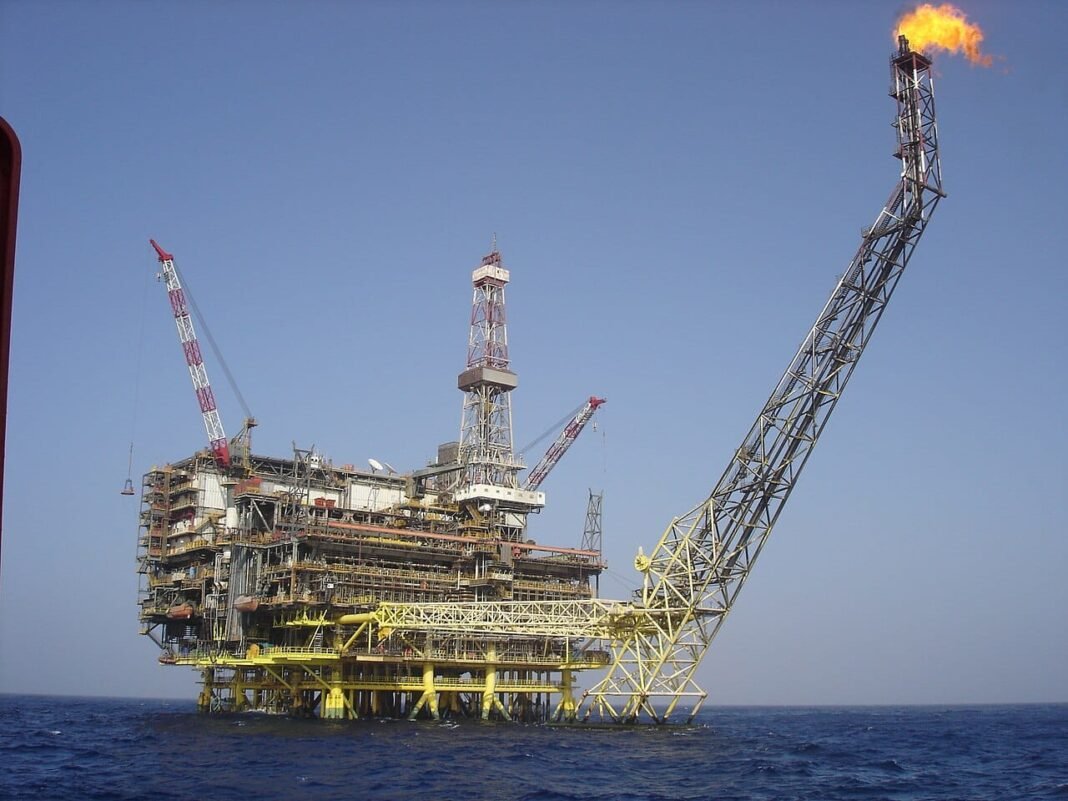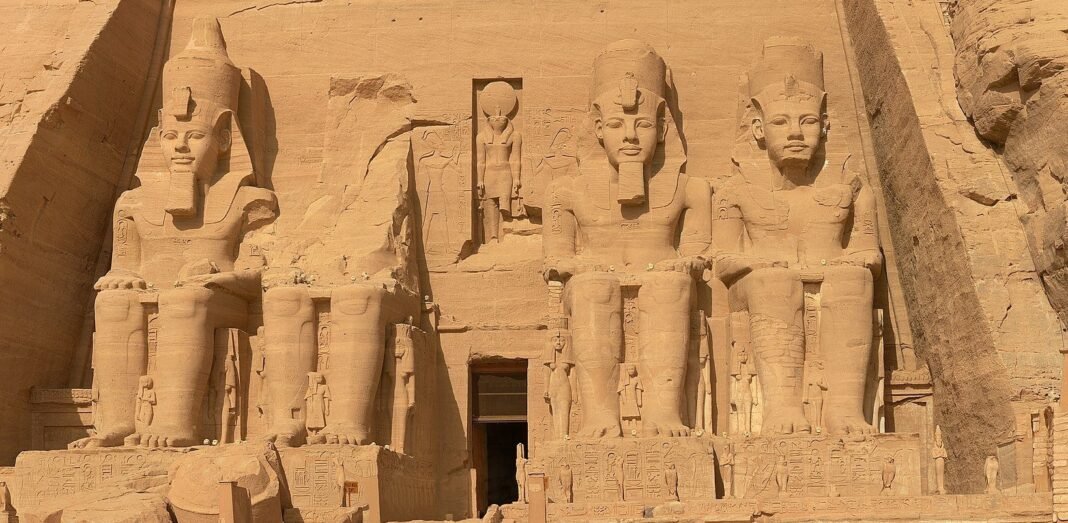
Libya submitted a formal diplomatic note (A/79/860) to the United Nations, contesting Greece’s designation of maritime zones for hydrocarbon exploration west and south of Crete. Libya challenges the so-called “median line” established by Greece and asserts sovereignty over maritime areas included in the Greek offshore licensing process.
The move by Libyan officials aligns with the maritime boundary drawn up under the controversial Turkey-Libya Memorandum, effectively wiping out Greece’s Exclusive Economic Zone (EEZ) south of Crete on Libyan maps attached to the note.
Libya accuses Greece of “violation of international law”
The note characterizes the designated areas as “Libyan maritime zones” and condemns Greece’s actions as an attempt to present a fait accompli that violates Libya’s sovereign rights. Tripoli claims these actions constitute a breach of international law, particularly the United Nations Convention on the Law of the Sea (UNCLOS).
The attached report from Libya’s National Oil Corporation (NOC) further accuses Greece of violating Libya’s maritime boundaries by offering hydrocarbon blocks for licensing within zones Libya considers its own.

Greek Foreign Ministry’s response
Greece reacted swiftly, rejecting Libya’s claims and reaffirming its liberty to exercise its sovereign rights responsibly and lawfully. According to diplomatic sources, “No reaction will deter the Greek government from exercising its sovereign rights.” The ministry stated that the Libyan note does not add new substance to previously stated arguments and emphasized that Greece would formally respond to the UN.
Greece also rejected the legitimacy of any actions based on the null and void Turkey-Libya Memorandum, emphasizing that it holds no basis in international maritime law. On the unresolved bilateral issue of EEZ delimitation, Greece reiterated its readiness for continued dialogue with Libya in accordance with UNCLOS once conditions are suitable.
Libyan diplomatic note: Key claims
In its note, Libyan officials expressed deep concern over Greece’s June 2025 announcement in the Official Journal of the European Union on launching an international tender for hydrocarbon exploration licenses in offshore areas south of Crete. They denounced this move as unilateral, illegal, and lacking legal or bilateral agreement, asserting it undermines peaceful conflict resolution and mutual respect under the UN Charter.
Tripoli emphasized that similar permits had been granted in the past to energy giants Total and ExxonMobil, with the latter conducting 2D seismic surveys in 2022 and 3D in 2024. Government officials also warned against setting precedents or escalating tensions, calling on the international community and the UN to uphold stability in the Eastern Mediterranean.


